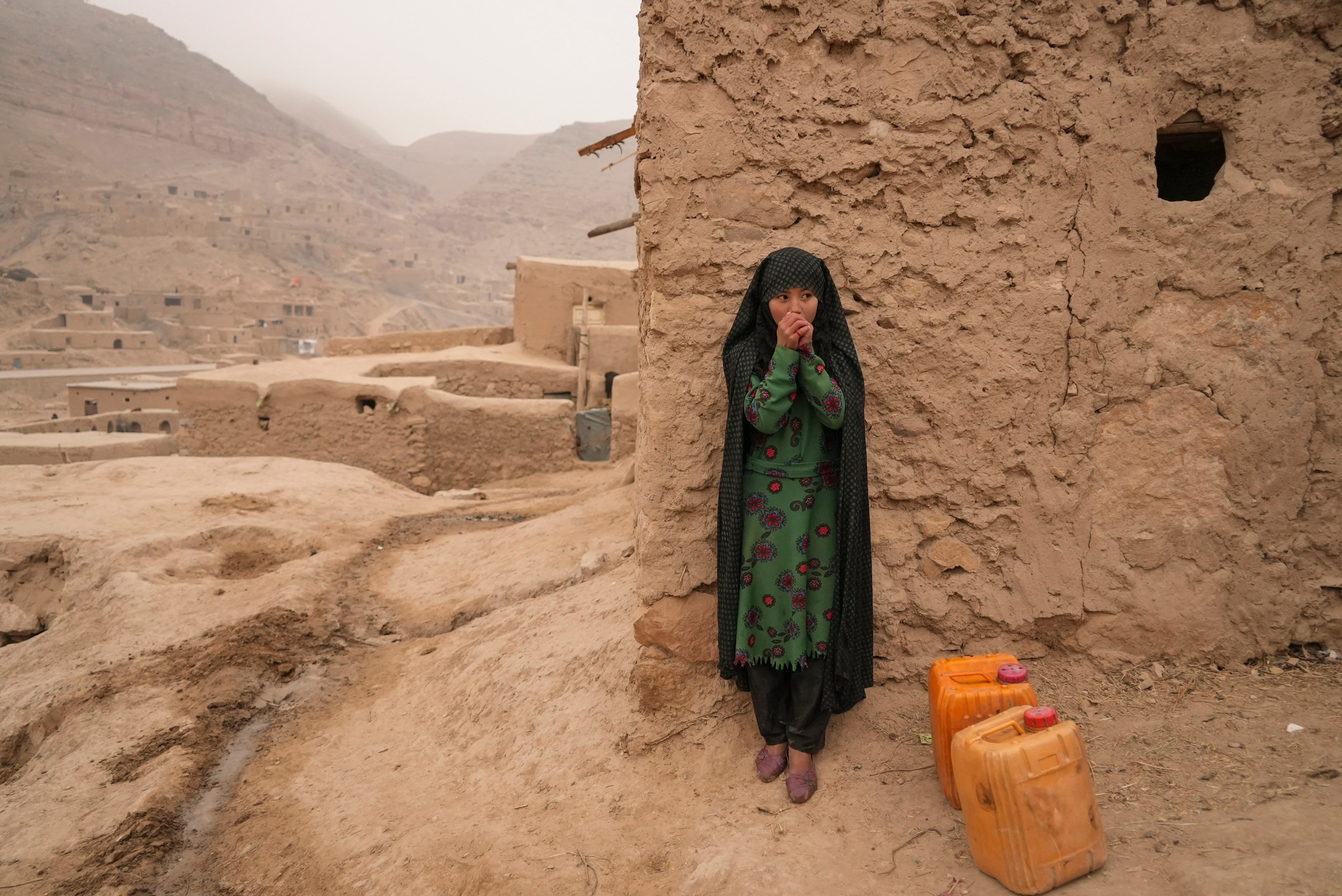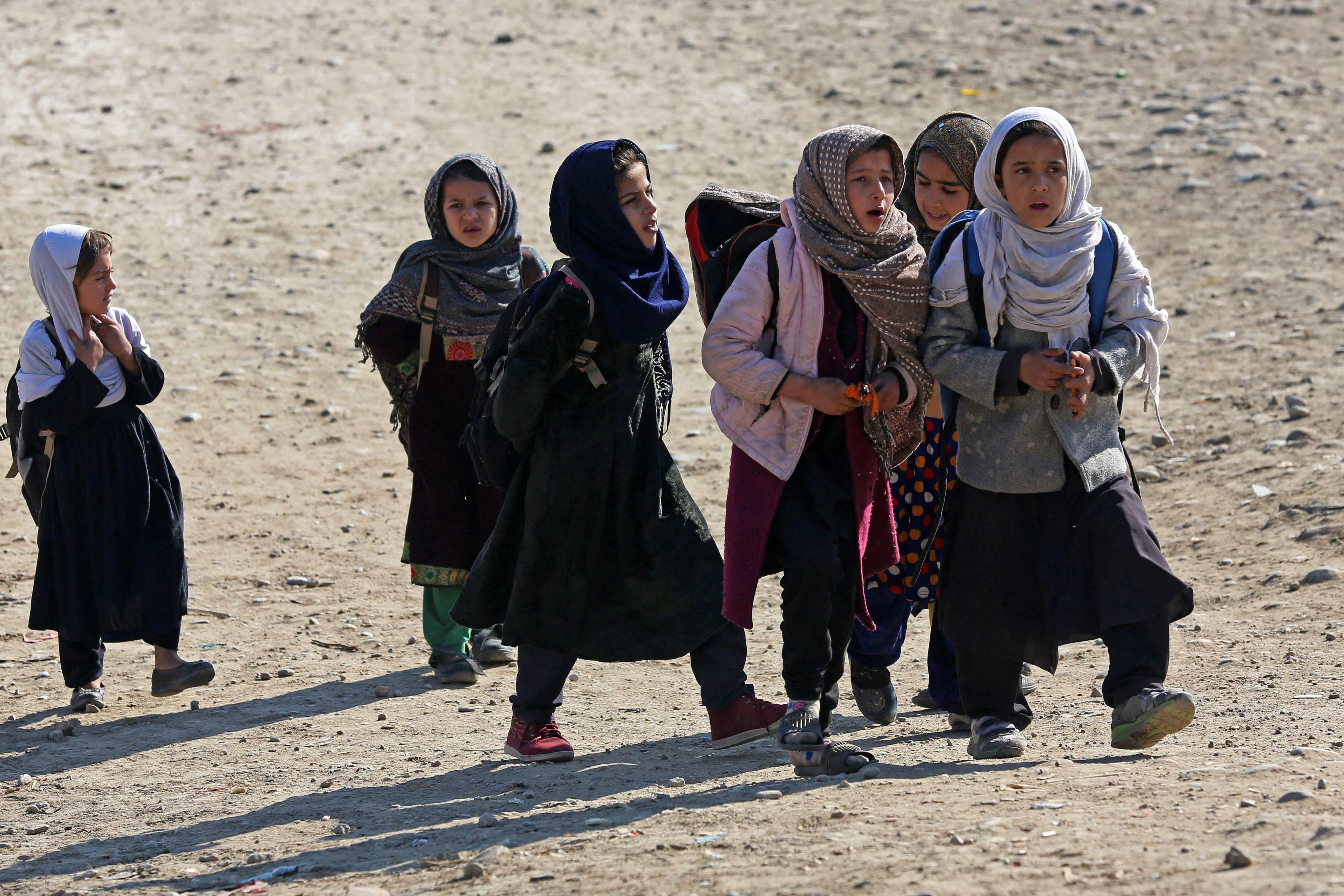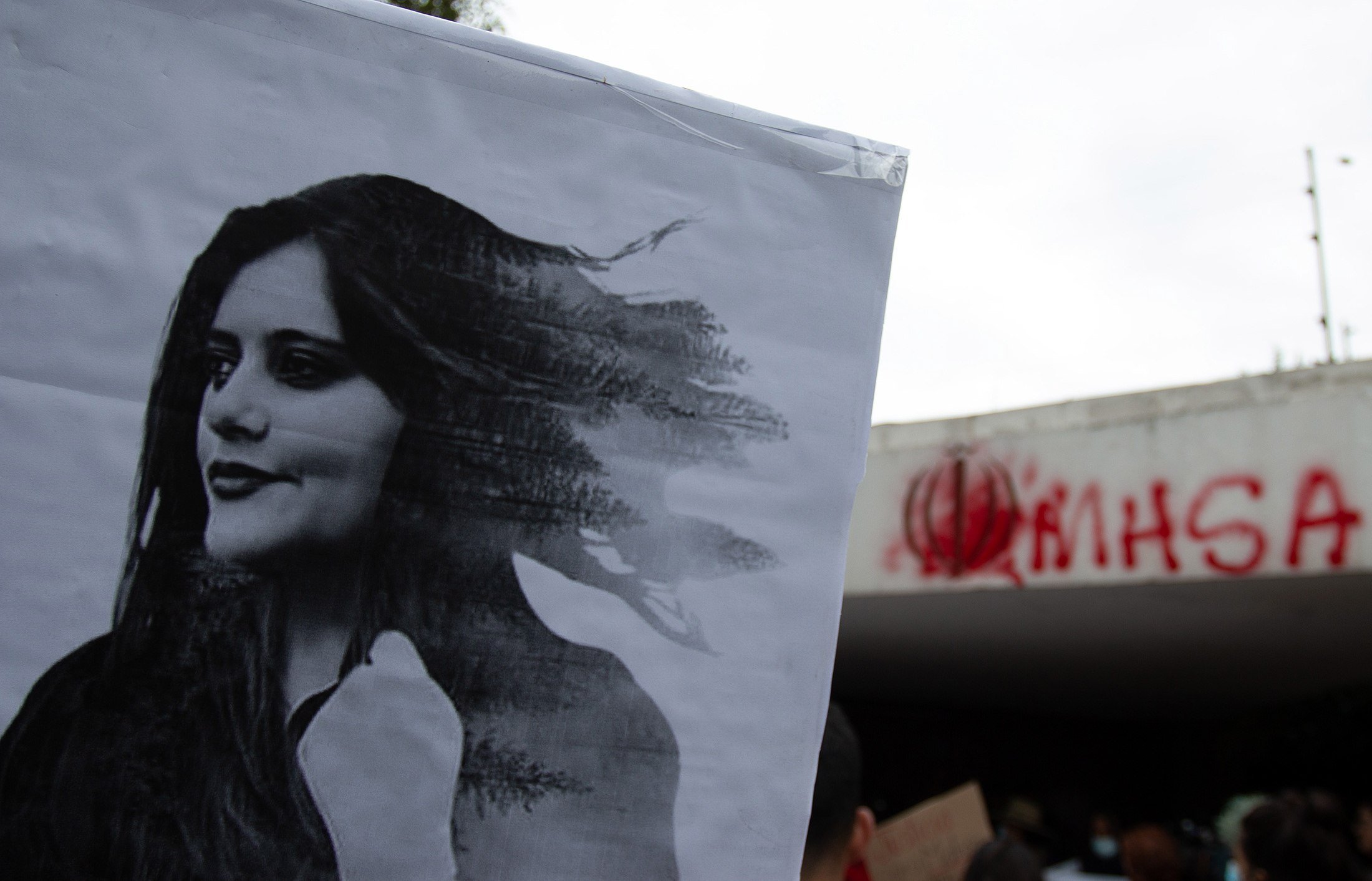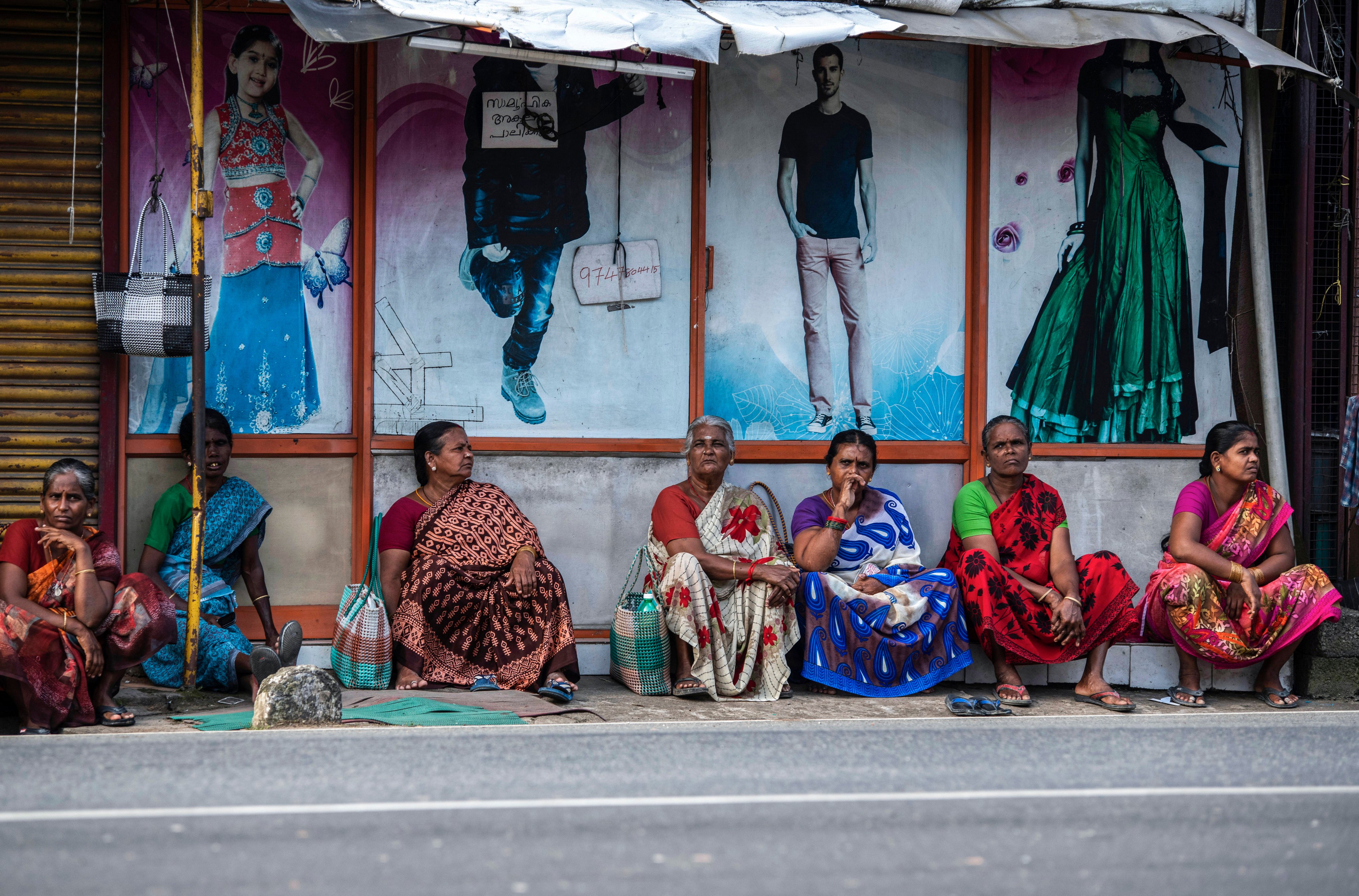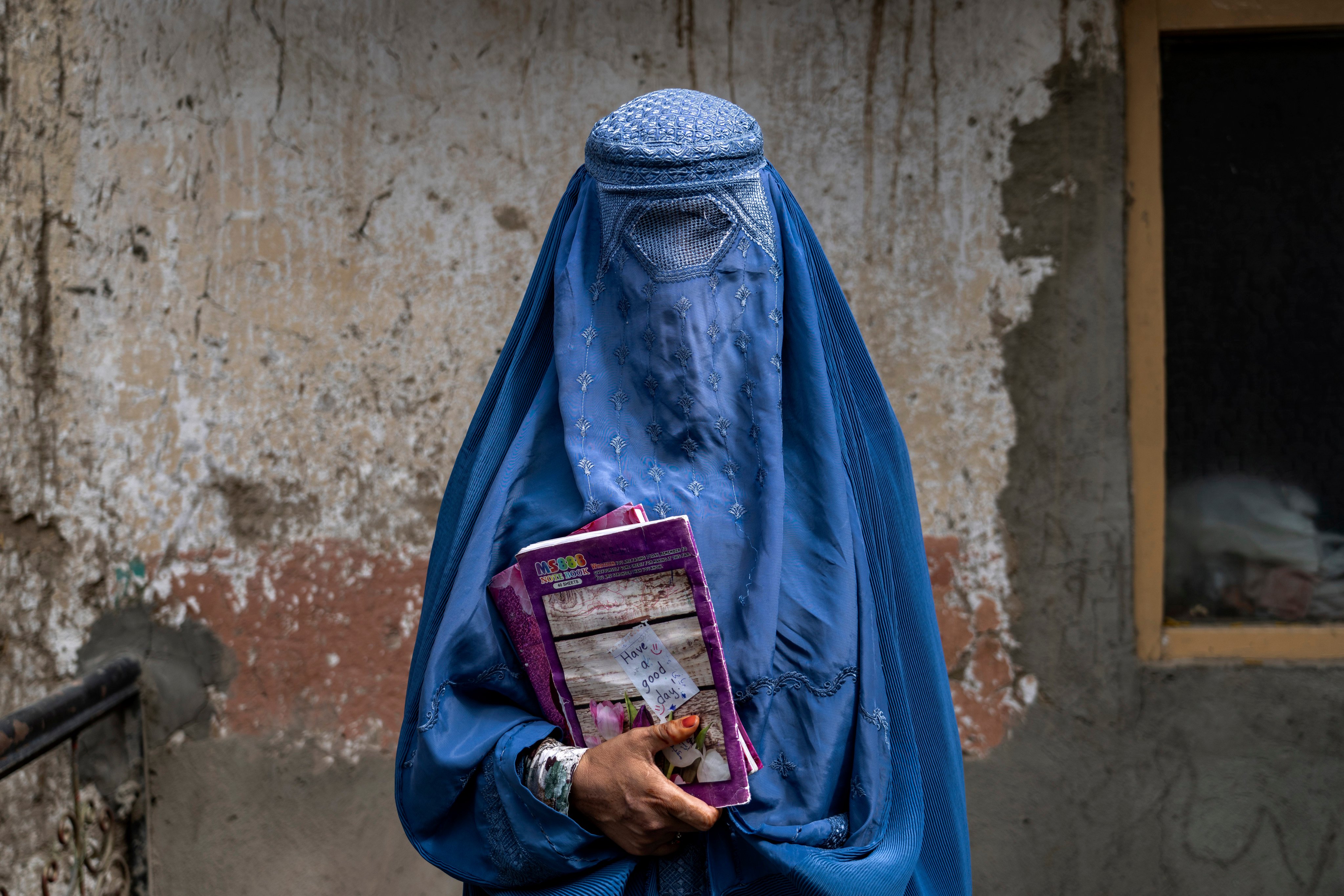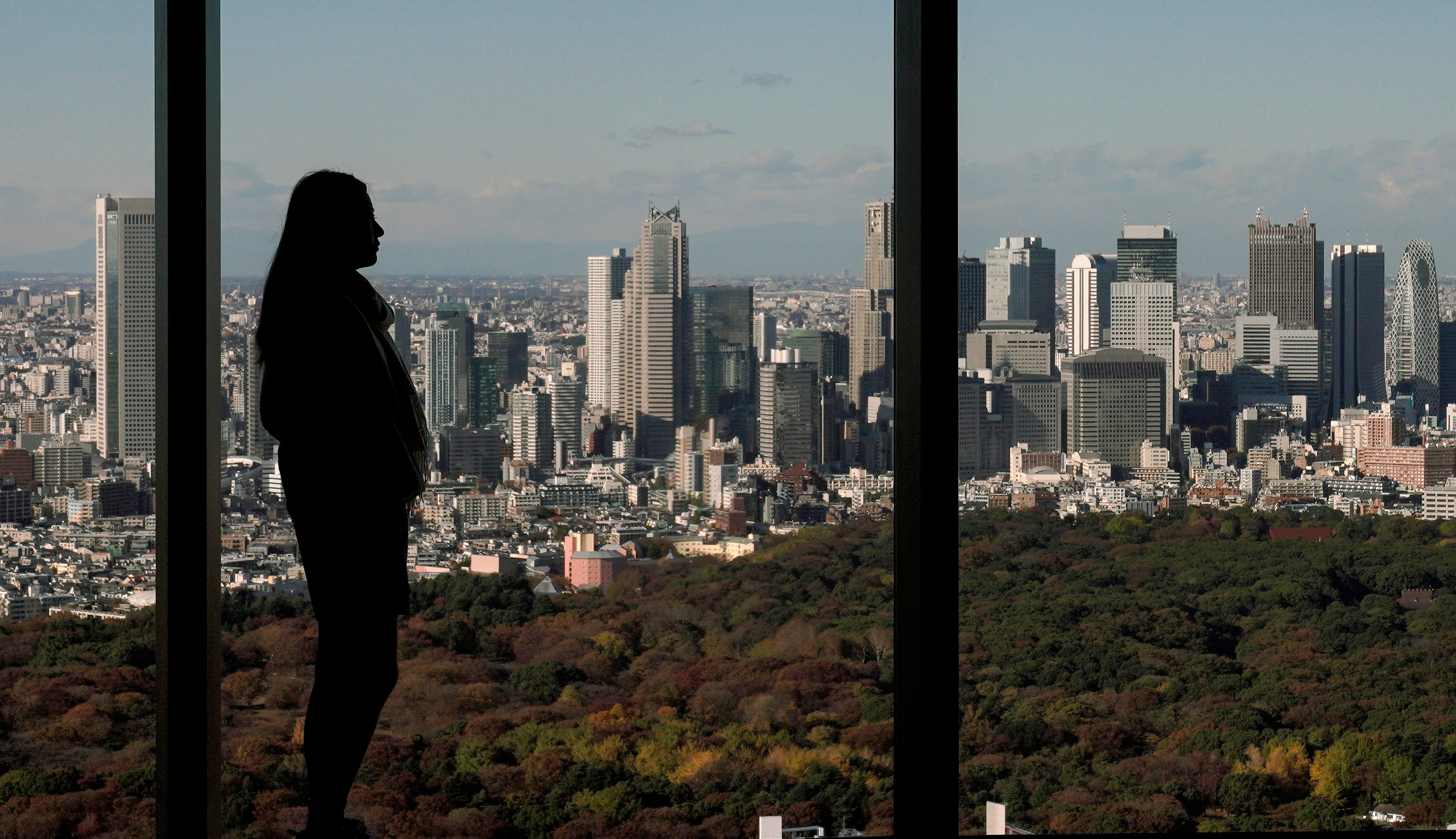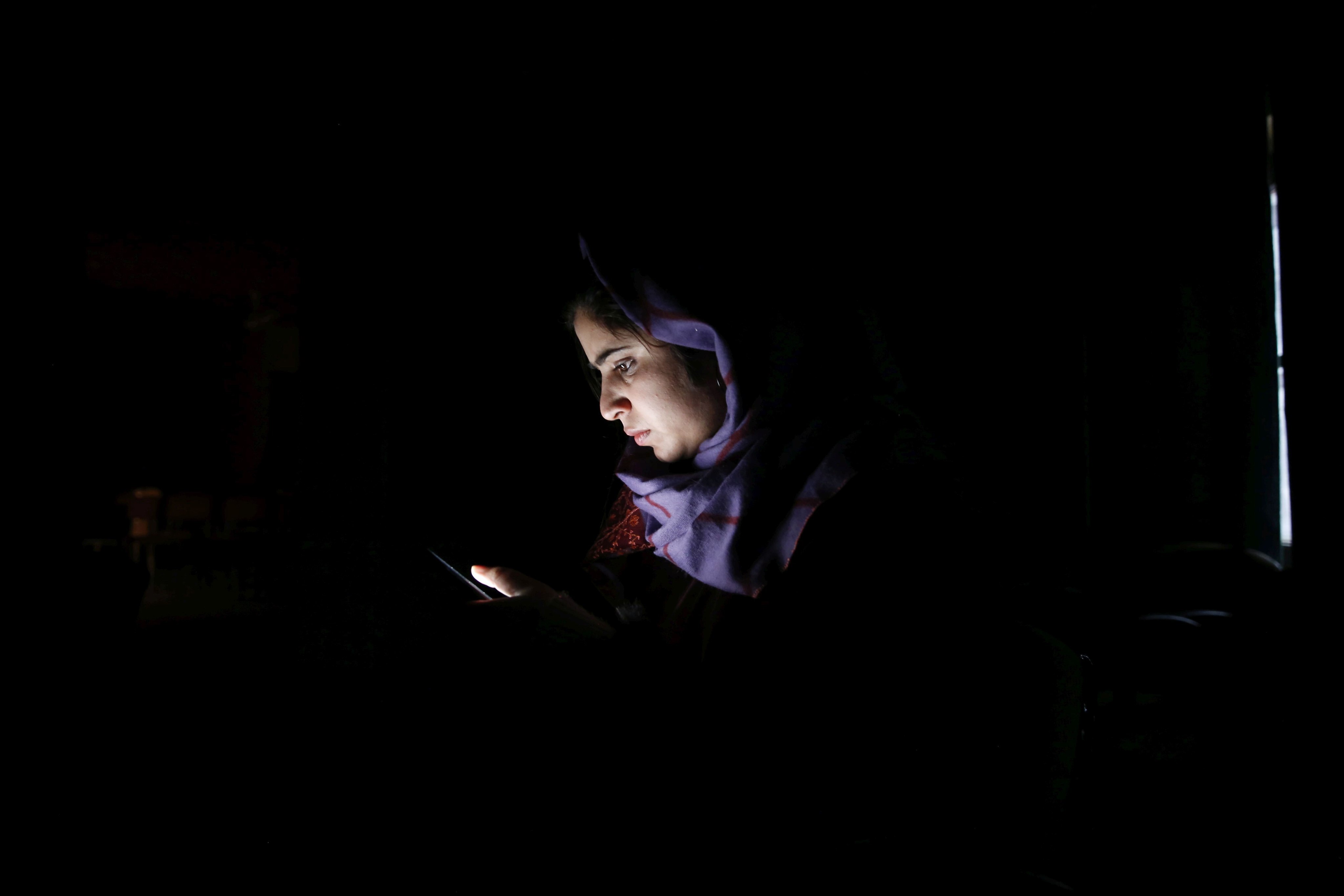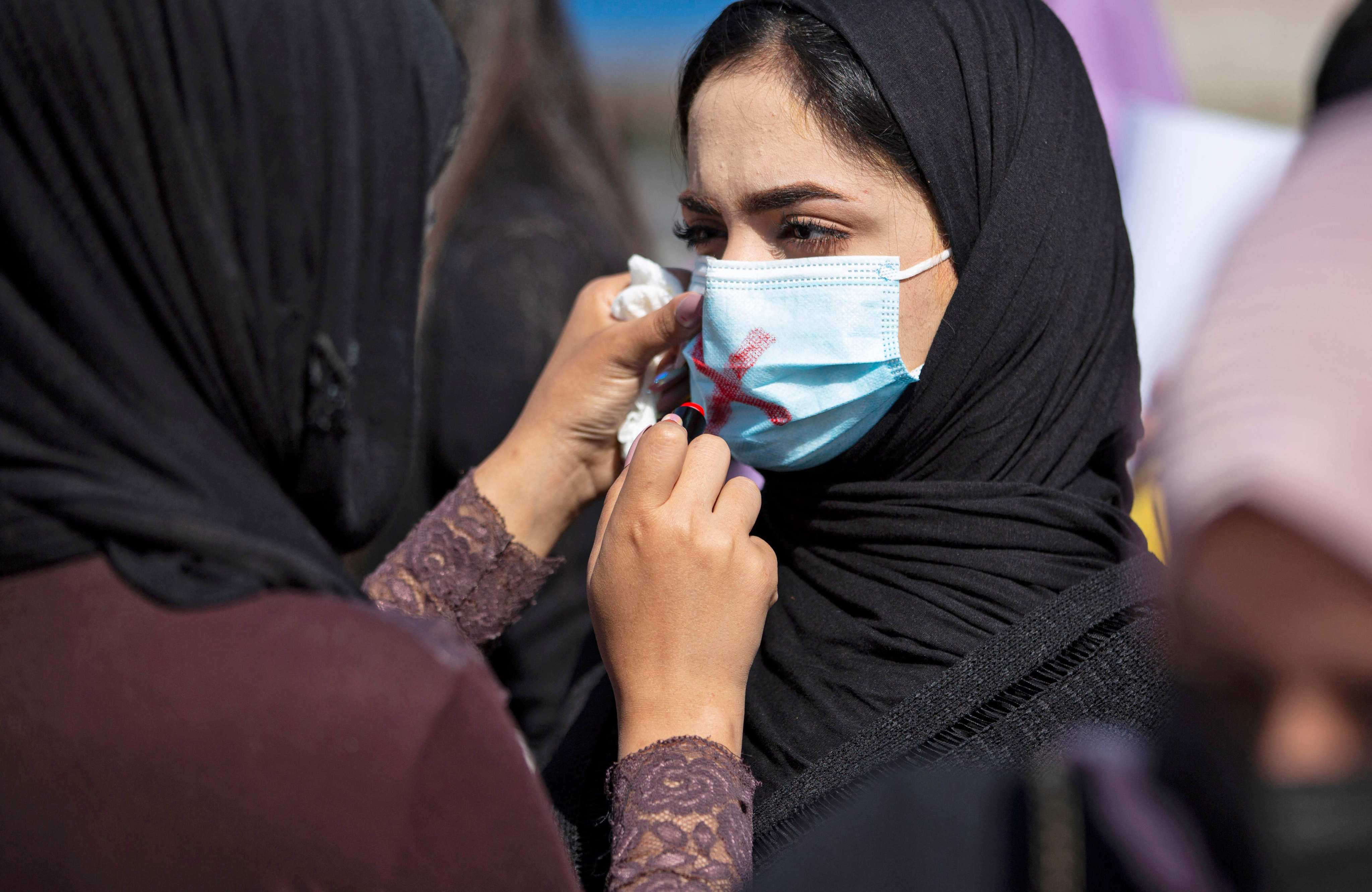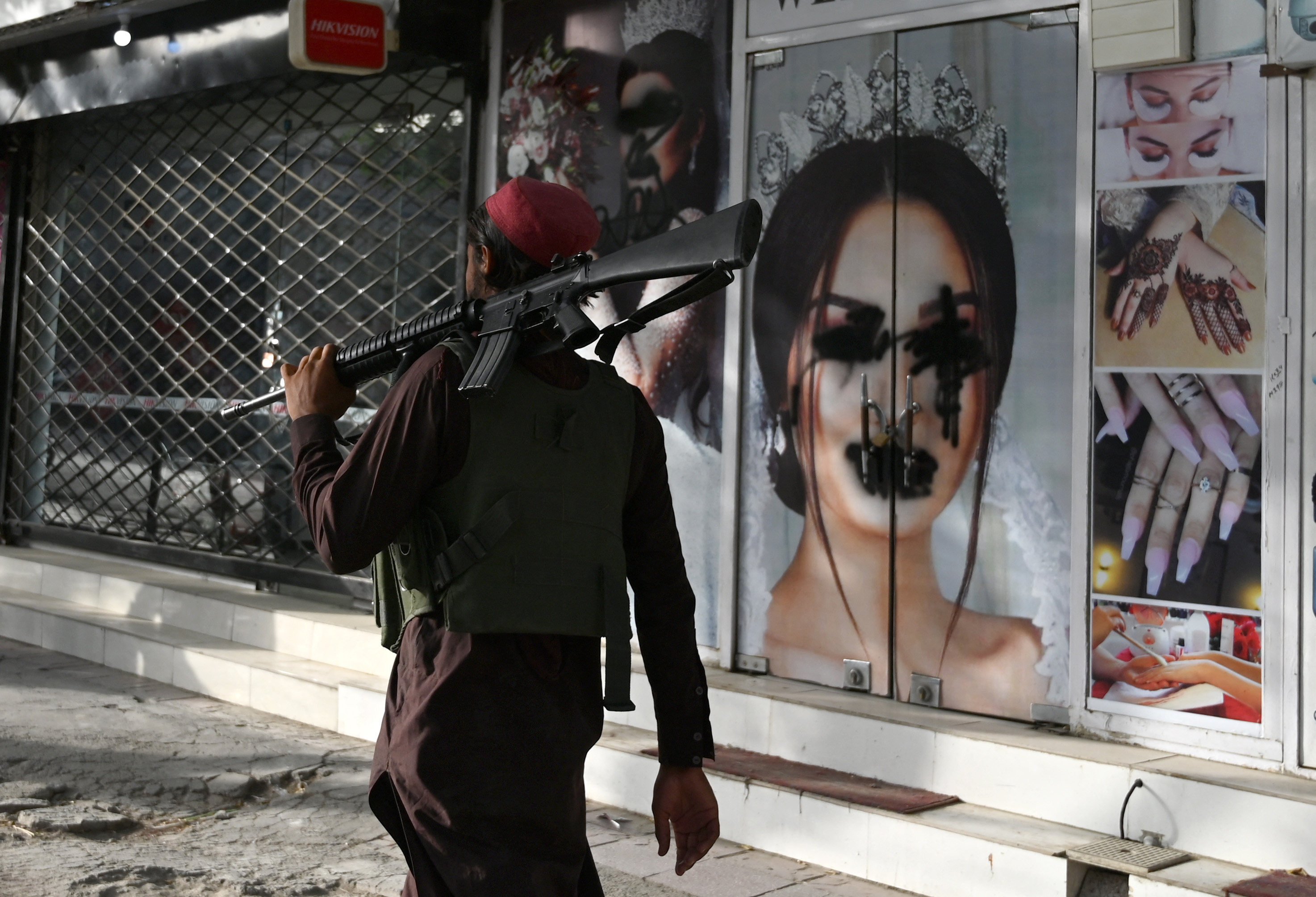Advertisement
Advertisement

Akanksha Khullar
Akanksha Khullar is the country coordinator for India at the Women's Regional Network. Prior to this, she worked as a researcher at the Centre for Internal and Regional Security at the Institute of Peace and Conflict Studies, New Delhi. Her research focuses on gender issues, particularly on identifying how national, regional and international organisations contribute in shaping the United Nations Security Council Resolution 1325 on the Women, Peace and Security Agenda. She tweets at @akankshakhullar.
Women experience the greatest impacts of climate change, and these impacts exacerbate pre-existing gender inequalities which threaten their lives and health. Despite their unique experiences and being at the forefront of climate action movements, women continue to be absent from climate decision-making processes.
An investment in women’s education, healthcare or access to resources would, on its own, boost the economic prosperity of a country. If combined, however, they could multiply the chances to create a more virtuous cycle, building stronger nations and a fairer world.
Women in journalism have faced years of escalating threats including physical attacks and online abuse made easier by easy access to social media. Female journalists around the world increasingly have no security, a phenomenon made worse by the Covid-19 pandemic and opportunistic government attacks.
Mahsa Amini’s death has reignited long-suppressed anger among Iranians over issues including the dress code for women and repression of individual rights. While the government is unlikely to make gestures of accommodation, the protests underline a fundamental change, with Iranians more willing to fight for their rights.
Advertisement
